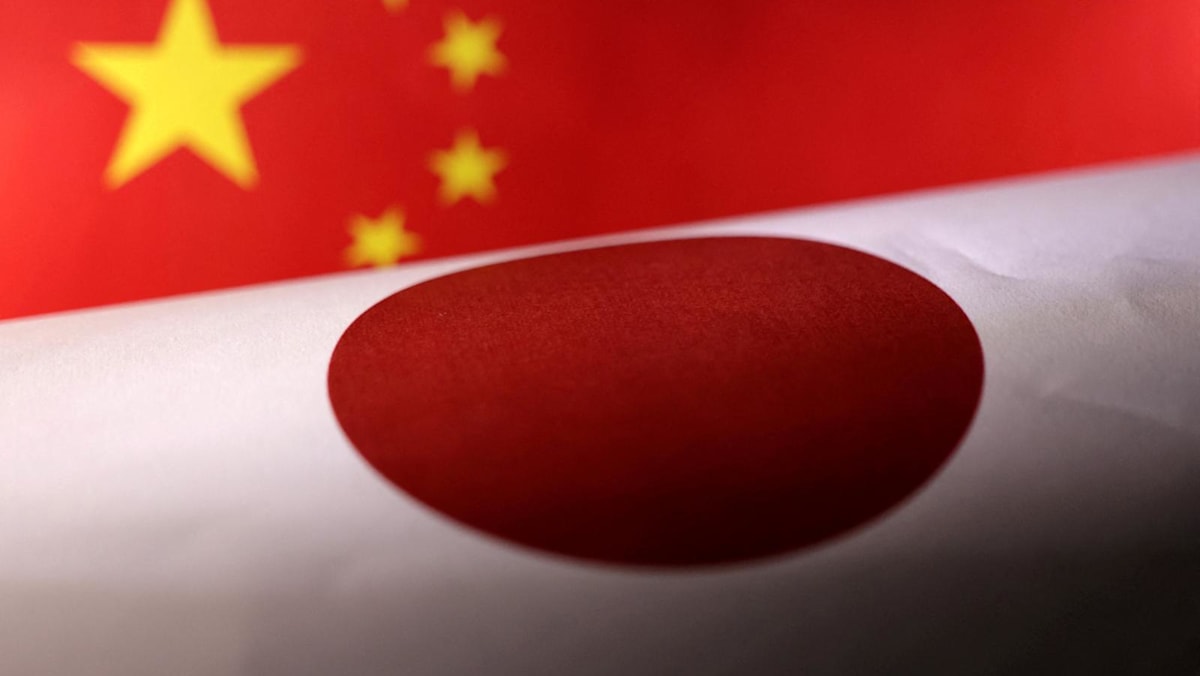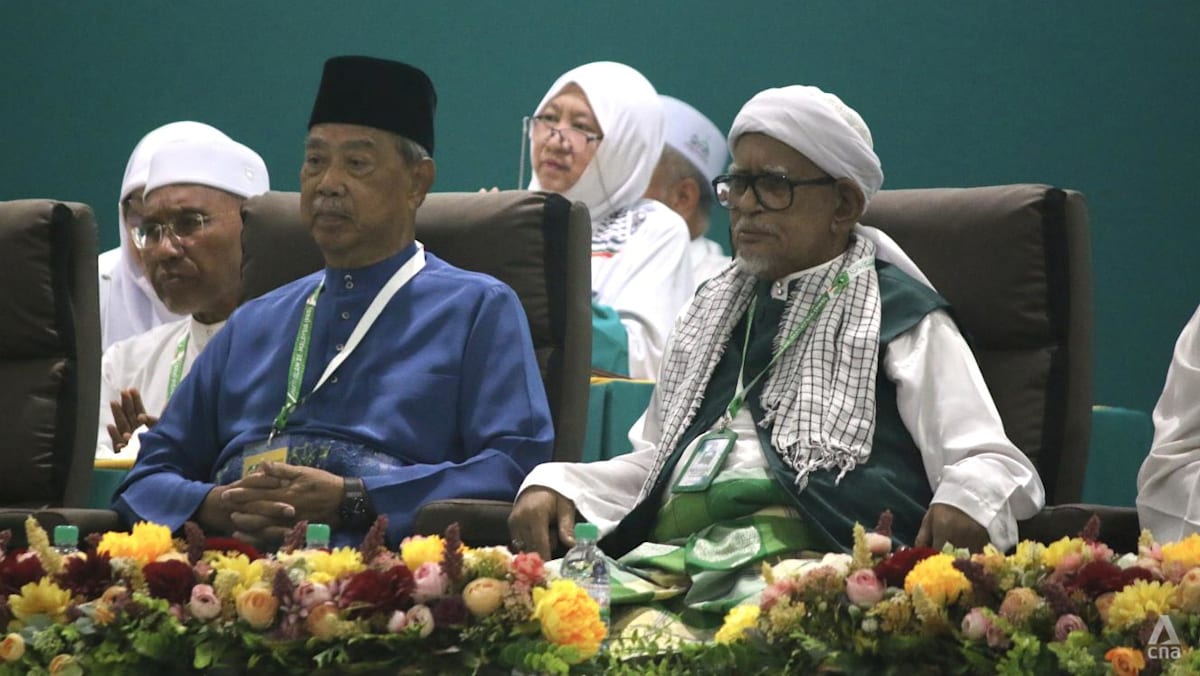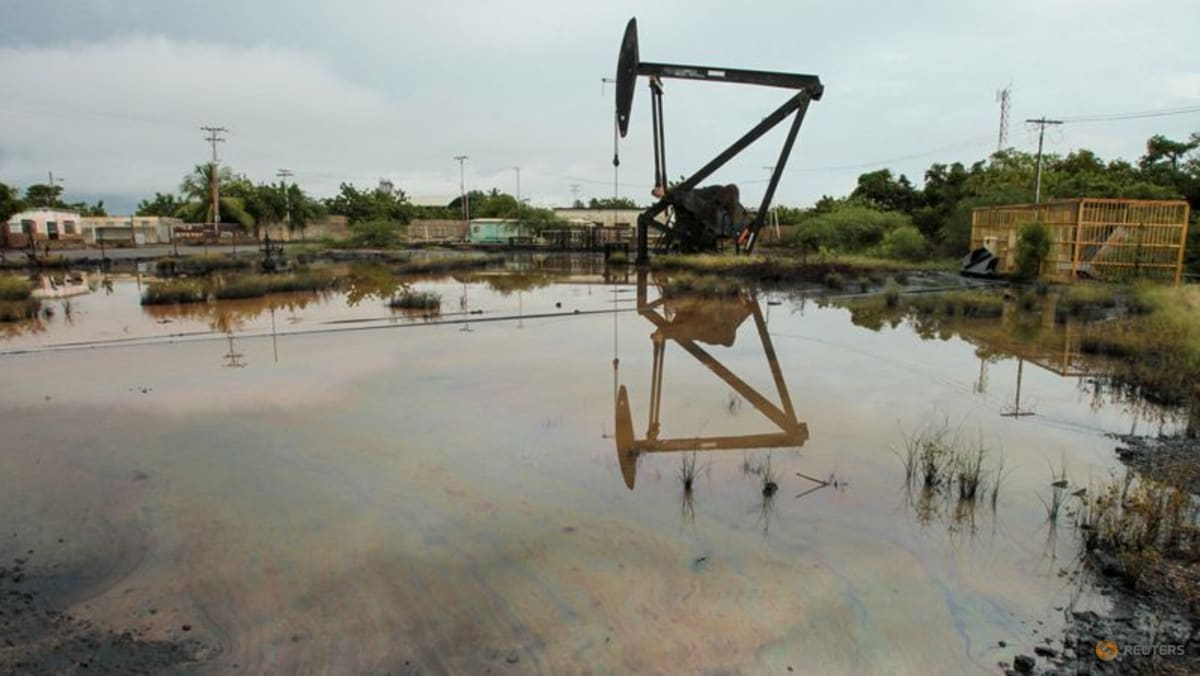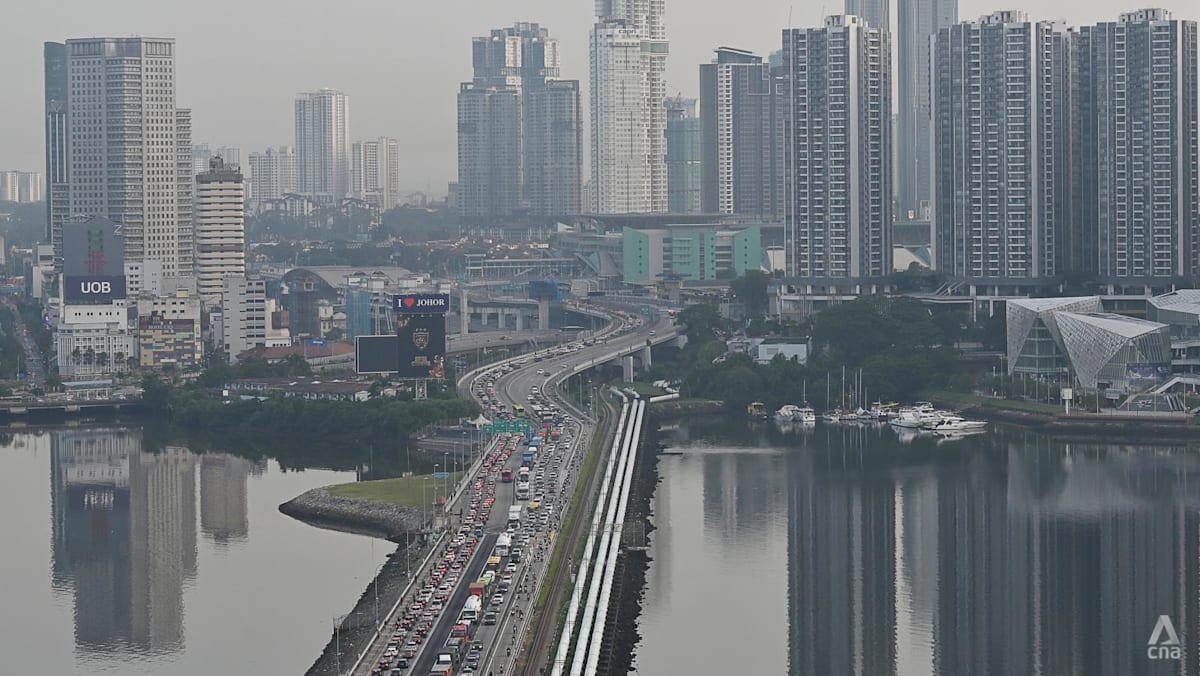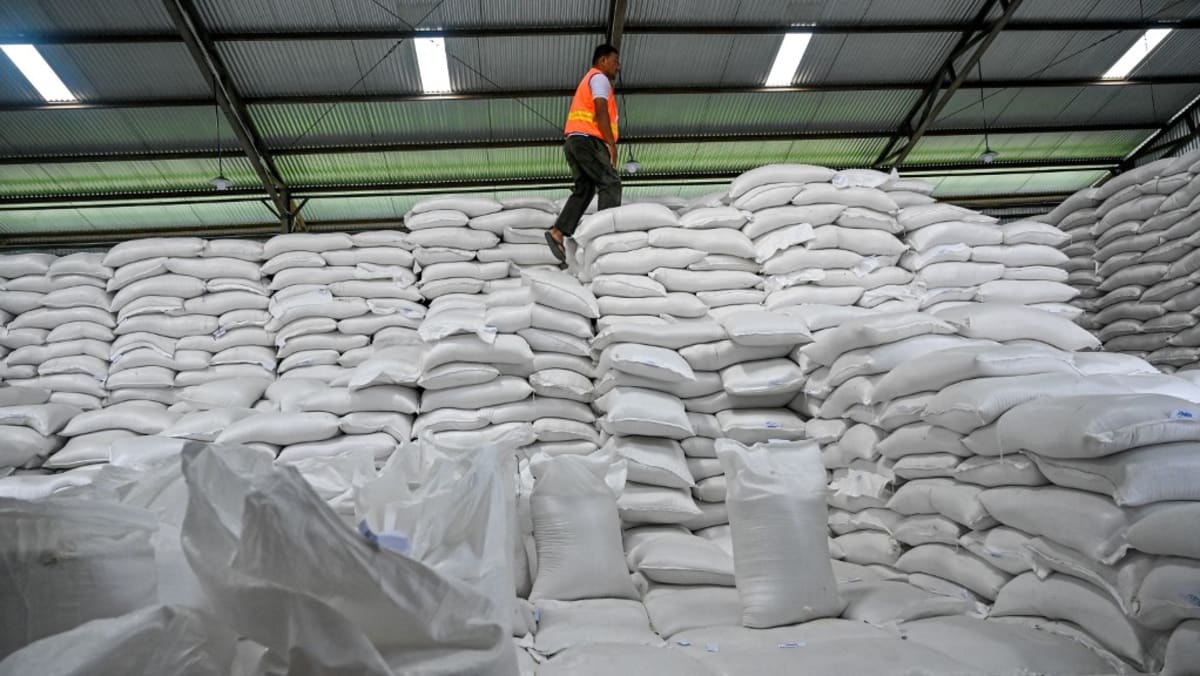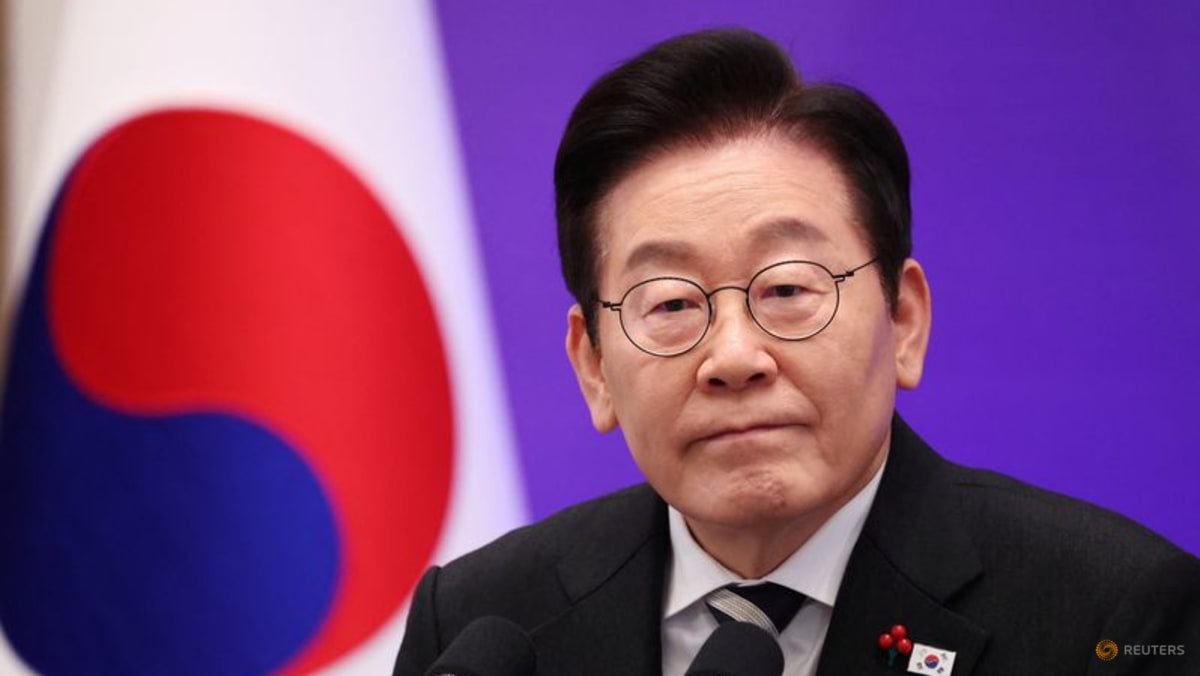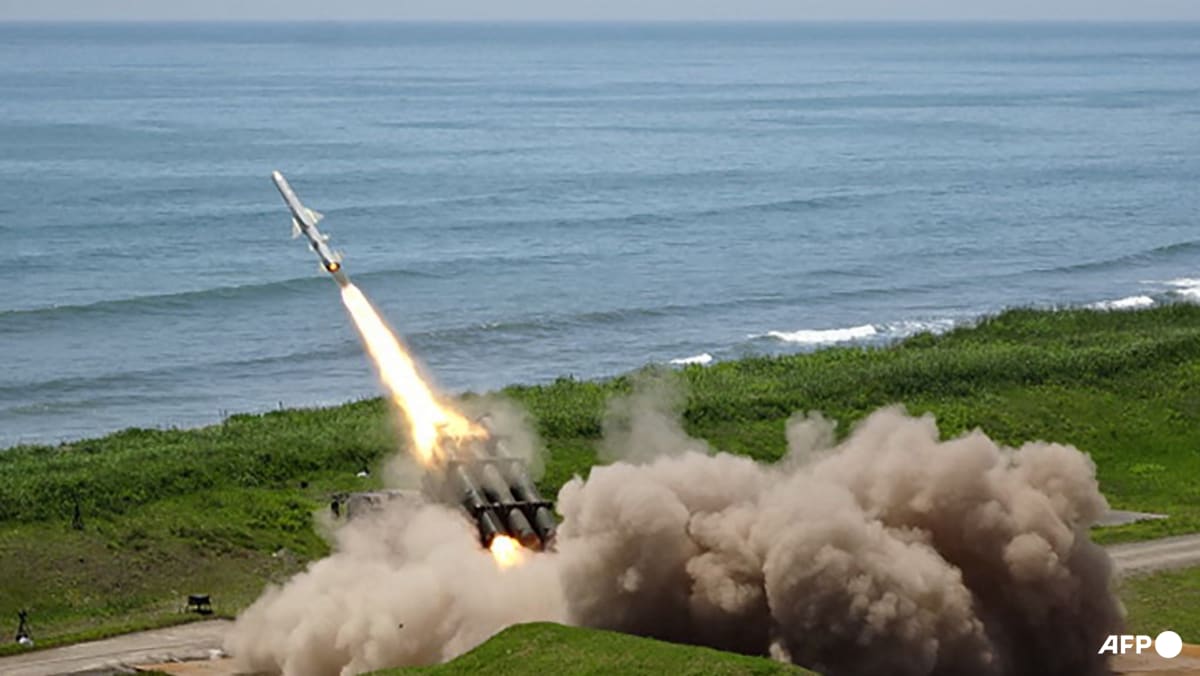North Maluku is Indonesia’s nickel powerhouse, but does the wealth filter down?
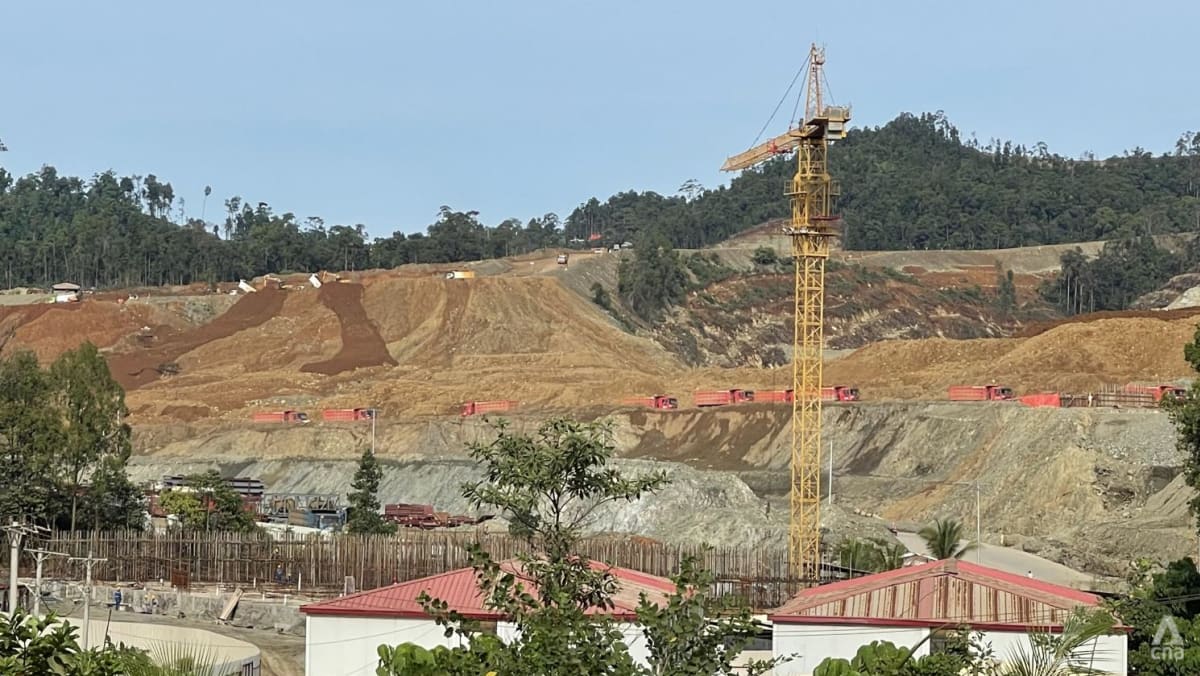
LIFTING OF EXPORT BAN ON NICKEL MAY IMPACT REGIONAL GROWTH
North Maluku’s economic growth can be attributed, in part, to Jokowi’s efforts to develop the downstream capabilities of certain industries – in particular, the mining and mineral sectors.
Indonesia has also imposed an export ban on nickel ore since January 2020, in a bid to support its downstream industries. The downstreaming means that commodities have a higher added value when eventually sold.
The European Union, however, has disputed Indonesia’s nickel ore export ban. It filed a lawsuit against Indonesia at the World Trade Organization (WTO). The bloc argued that Indonesia’s export restrictions harmed its own stainless steel industry.
The WTO panel ruled in favour of the EU but Indonesia filed an appeal in December last year.
Should Indonesia lose its appeal, the country will lose a sizable investment realisation, said Jakarta-based economist Bhima Yudhistira from the Center of Economic and Law Studies (CELIOS).
This means that foreign companies which have invested in smelter hubs like IWIP and IMIP may pull out and decide to just import raw material.
“For example, China will tend to import raw ore compared to having to expand nickel smelter factories in Indonesia,” said Mr Yudhistira.
Mr Mohammad Faisal, executive director of Center of Reform on Economics (CORE) Indonesia, a think tank which focuses on research in economy and industry, shared the same view.
“This will disrupt the development of the smelter process and its derivatives, and affect areas that have boosted investment in downstream mines such as in North Maluku, Central Sulawesi and Southeast Sulawesi.”
The potential implication is that North Maluku’s economic growth – touted by Jokowi as the highest globally – may not be sustainable in the long run.
Head of North Maluku’s statistics agency Aidil Adha told CNA that high economic growth last year was due to the volume of ferronickel export and mining. Ferronickel is an alloy containing about 25 to 40 per cent nickel and about 60 per cent iron.
“A new product will always lead to high economic growth. But when the production has stabilised, the economic growth will stabilise,” said Mr Adha. When that happens, he predicted that the province’s economic growth may hover between 10 and 15 per cent.
Mr Adha noted that a similar situation had occurred in Morowali, Central Sulawesi where the downstream industry helped spur the economy there by up to 20 per cent initially. It is now at a stable growth rate of between 10 and 14 per cent, he said.
Source: CNA


